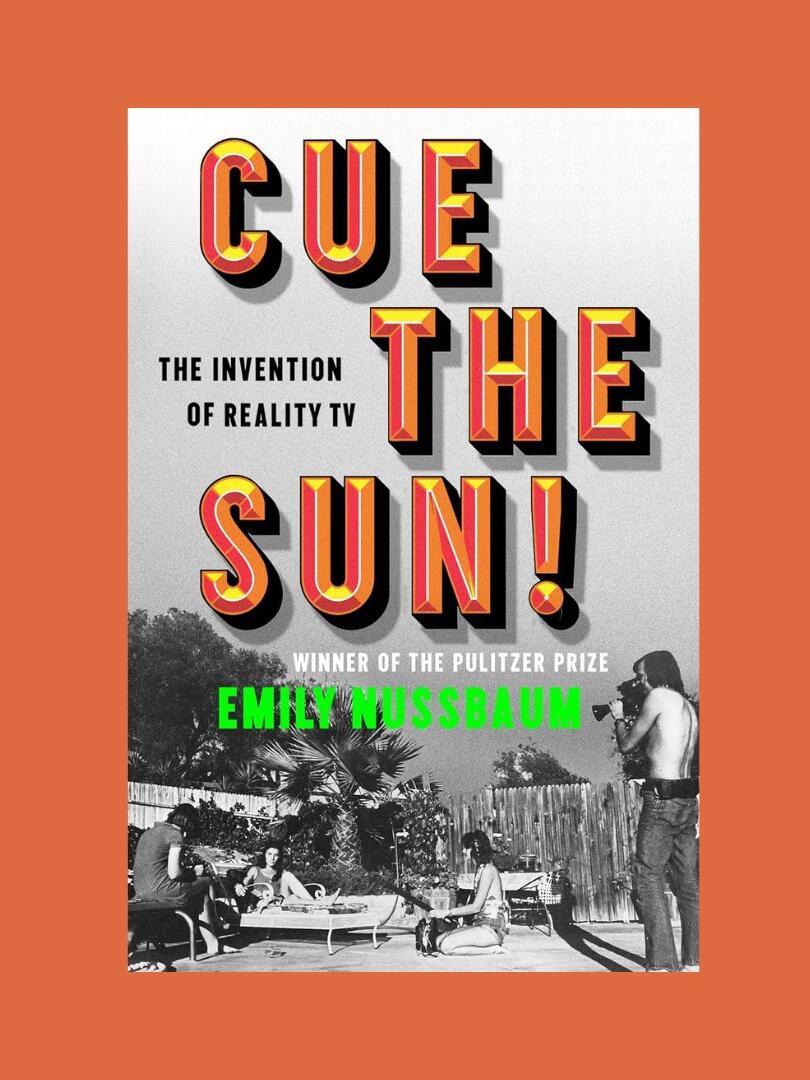Putting a microscope to five teenage kids and two parents at odds, for seven months, the show delivered a microcosm of America’s rapid cultural shifts as the Louds navigated infidelity, a son’s sexuality, and divorce. While the filmmakers played it straight, according to Nussbaum, the Louds felt stung by the 24/7 cameras and scathing public reaction. It was a startling precursor of what was to come.
Decades later, with the possible exception of a Dating Game contestant who turned out to be a serial killer, perhaps no episode is as jaw-dropping as the story of Survivor. Nussbaum’s storytelling reaches the height of its powers in a blow by blow of Survivor season one that will give you the creepy crawlies: fleas under the skin, snakes on the belly, parasites in the intestines. But it’s hard to figure what’s more treacherous, the wildlife or the humans committed to making compelling TV at any cost.
Despite the book’s strengths, at crucial times the accounts of insiders prove insufficient; context and a critical counterpoint are needed. But in its commitment to handing the mic to the makers, the book eschews outside perspectives. There are exceptions: With An American Family, we gain insight into the challenge of being gay man on TV in the ’70s through snippets of contemporaneous media and viewer letters. The book also nods to criticism of Queer Eye for the Straight Guy from the gay community.
But when it comes to the situation with race on The Bachelor franchise, Cue The Sun! is noticeably quiet. It acknowledges that creator Mike Fleiss stepped down after an internal investigation into allegations of racial discrimination led to a “racial reckoning.” And Nussbaum spoke to one of the two Black contestants from The Bachelor‘s first season, LaNease Adams. Following her stint on The Bachelor, Adams buckled under relentless public scrutiny and racist online attacks, with mental health concerns eventually sending her to the hospital. Still, she blames herself for being “naive about racism” and defends the show’s treatment and handling of race. Adams’ comments are fascinating, but not exactly illuminating.


